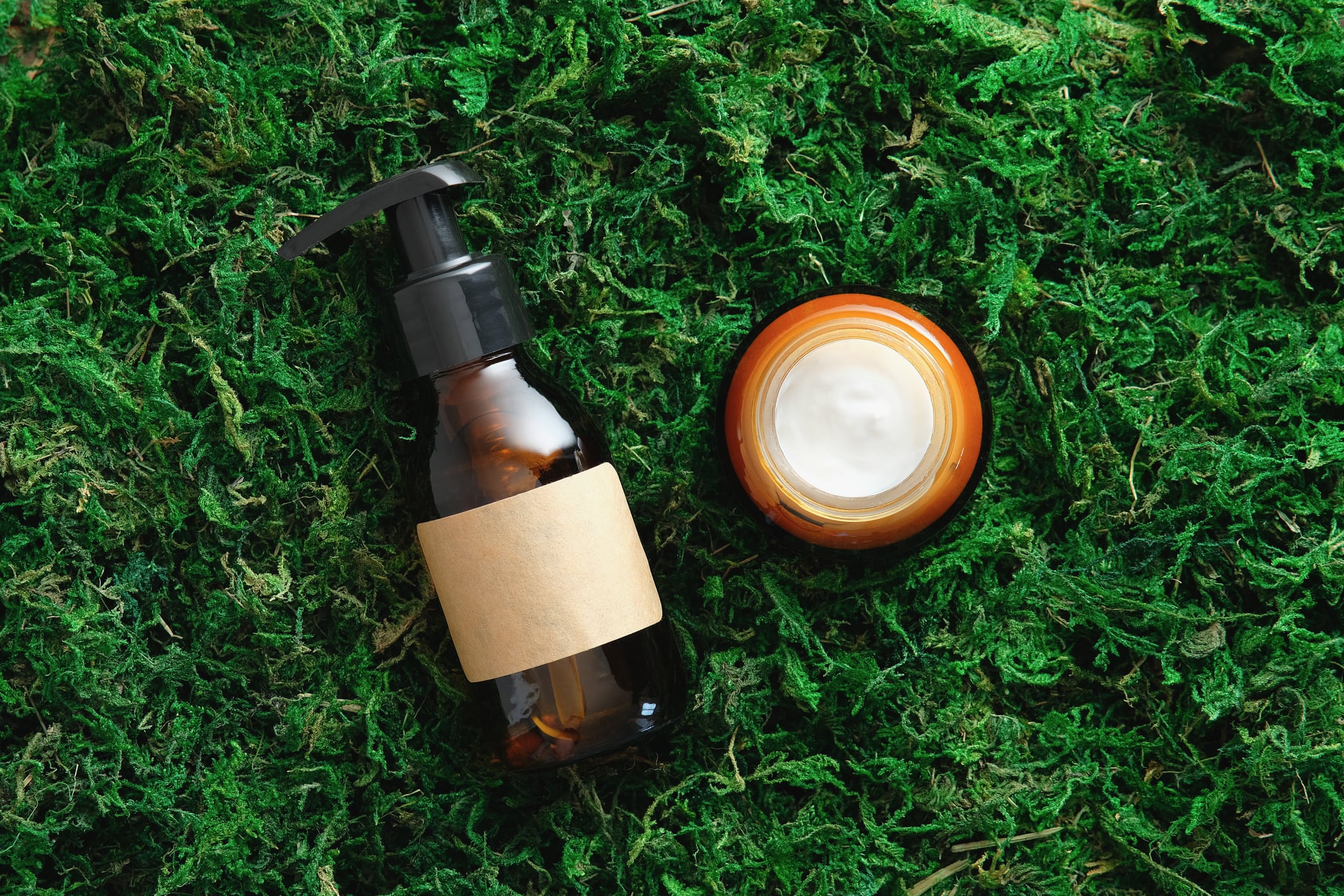As more anti-greenwashing regulations are being negotiated in the EU, a multitude of industry stakeholders have created a joint business statement to ask that the new guidelines take into account the needs of industry and consumers.
The European Union’s Green Claims Directive is expected to be finalised by the end of 2025. It will aim to ensure that environmental labels and claims are credible and trustworthy so shoppers can make better-informed purchasing decisions.
On 26th February, the European Commission had already adopted a variety of new proposals that it said “would cut red tape and simplify EU rules for citizens and business”. This included its Clean Industrial Deal, an Affordable Energy Action Plan, and two Omnibus Simplification Packages.
NGO the European Environmental Bureau (EEB) has criticised this new legislation and believes that it has been tailored primarily to energy-intensive industries and corporations, instead of prioritising public interest.
The NGO said that while the new industrial deal does not derail the Green Deal, it “weakens its holistic approach, using competitiveness as a false pretext to justify unacceptable concessions to polluters.”
Head of zero pollution industry at the EEB Christian Schaible said: “The so-called ‘Clean’ Industry Deal focuses on decarbonisation but overlooks broader pollution and environmental responsibility, failing to show how the EU can lead by example.”
Schaible continued to say that: “fossil-fuel-reliant industries that resisted change for decades have secured a front-row seat in shaping this deal... EU industry is far more than just energy-intensive sectors, yet their interests are being placed front and centre.”
“A proportionate and clear framework”
Meanwhile, the joint statement from various EU industry trade bodies in relation to the Green Claims Directive states that while the organisations involved support the directive, they also recognise that there is a need for “a proportionate and clear framework from its outset, levelling the playing field for all economic operators and safeguarding businesses’ competitiveness and incentive to invest.”
The statement continued to say that this will “also avoid short-term revisions to address inconsistencies, ambiguities or other unintended negative impacts of the Directive on businesses.”
It added: “if new rules are unclear, impractical and costly, they will de facto prevent businesses from communicating about sustainability (i.e. green hushing effect), depriving consumers of such necessary information.”
“Simplify, clarify and streamline”
European cosmetics industry trade association Cosmetics Europe, one of the 14 organisations involved, clearly set out its position in a social media post on Linkedin.
The organisation said it firmly supported the principle that consumers should have access to clear, transparent, and comparable information about the environmental impact of products, but also said that “overly complex and impractical rules risk fragmenting the EU internal market, creating a disproportionate burden on businesses, and delaying the delivery of crucial information to consumers, undermining the EU’s competitiveness and hampering the capacity for our industry to innovate.”
It said that the cosmetics industry calls on policymakers to:
- “Prioritise the introduction of proportionality and legal predictability in the substantiation and ex-ante verification requirements of the Green Claims Directive.
- Allow for sufficient transition periods, which is essential for companies to adapt to new requirements.
- Not to include rules on hazardous substances in the proposal."
Not a regulatory framework for hazardous substances
It also added that the Green Claims proposal is “not the right regulatory instrument to set up EU legislation around hazardous substances as this might lead to potential overlap with existing legislation (e.g., REACH, RoHS) which already address the safety and environmental impact of hazardous substances.”
Cosmetics Europe also said the Directive needs to exclude claims based on information that’s already regulated in other EU rules “to avoid any overlap, for instance, with the Packaging and Packaging Waste Regulation.”
“Sustainability & innovation go hand-in-hand”
The non-profit International Natural and Organic Cosmetics Association (NATRUE), has also been vocal on the matter.
It stated: “At NATRUE, we believe that sustainability and innovation go hand in hand. That’s why we’re urging EU policymakers to establish a clear, proportionate, and effective framework that promotes transparency while safeguarding business competitiveness,” it said.
The organisation said it wants to see:
- “Fair and practical verification requirements to avoid unnecessary costs.
- A predictable regulatory process that ensures market consistency.
- Feasible transition periods to reduce waste and prevent product destruction; and a well-defined scope that aligns with existing EU regulations (PPWR, CSRD, etc.).”
“A well-balanced Green Claims Directive is essential to fostering investment in sustainable solutions and ensuring consumers receive reliable environmental information,” it concluded.



